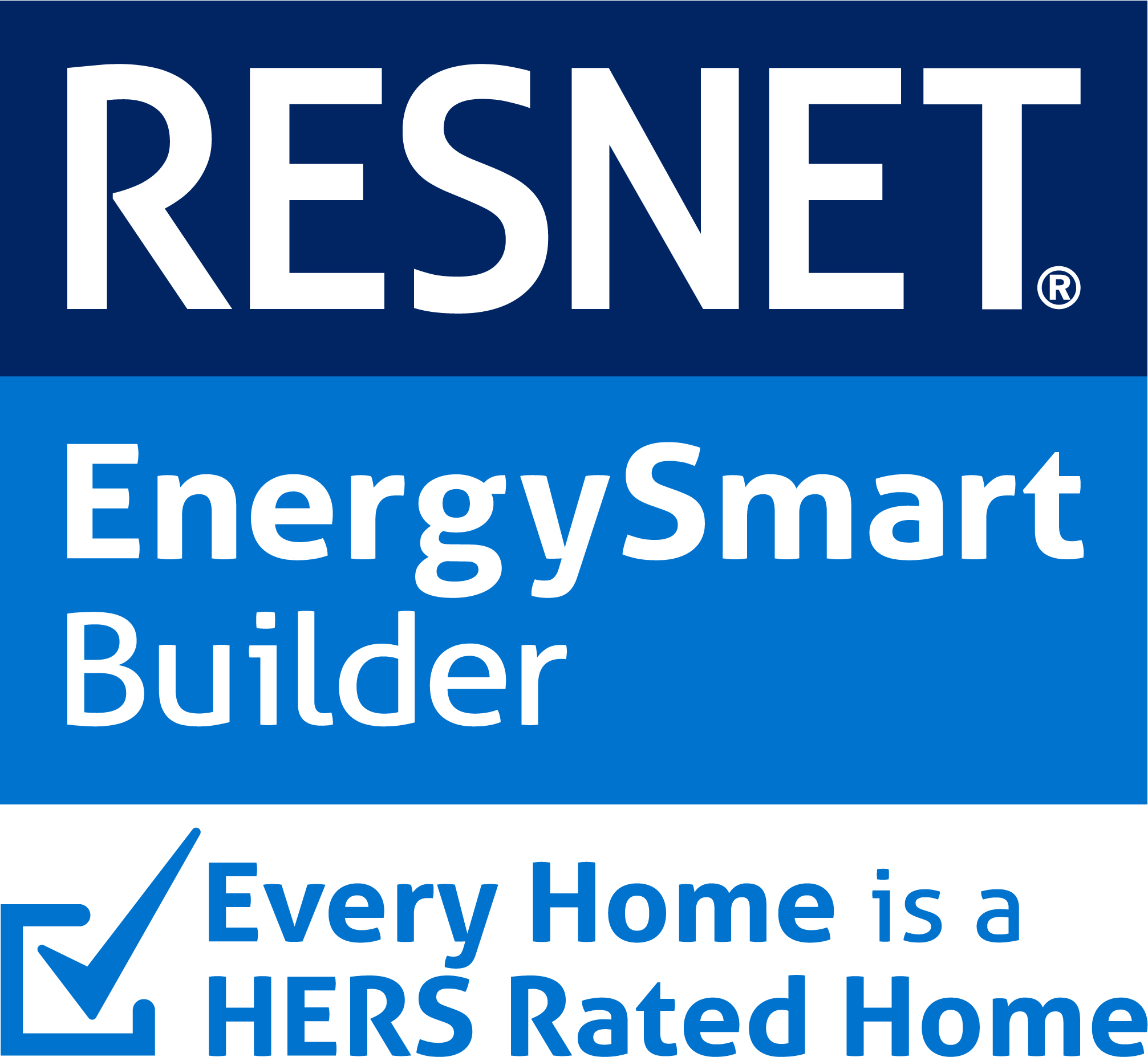FINANCING, PURCHASING OR INVESTING IN A NEW MODULAR HOME IN NORTH CAROLINA (NC) AND VIRGINIA (VA)
Modular homes have been consistently increasing in popularity in recent years and provide a quality alternative to traditional (site-built) homes. In fact, a side-by-side comparison would show that modular homes are not only comparable to traditional homes, but offer many great advantages to both mobile and traditional housing options.
If you’re looking to finance, purchase, or invest in a new home in North Carolina or Virginia, be sure you explore the many advantages that a modular home has to offer.
A recent study by the National Association of Homebuilders (www.nahb.org/modular), further validated the modular housing option and found modular homes to be a good alternative to traditional site-built homes.
Quick Facts About New Modular Home Financing:
- Same choice of financing options as a site-built homes
- Appreciates over time as can be built on and modified
- Same rates as site-built homes
- Full choice of lenders
- Same insurance cover options as site-built homes
A modular home is built in an indoor climate-controlled, optimized factory environment. It is built in sections (i.e. modules), which are then transported to the home site and securely placed onto a permanent foundation. This combination of optimized factory efficiency, specialized skilled labor and simultaneous site preparation and development, accounts for lower overall costs, increased energy efficiency, faster completion rate and consistent quality results.
MODULAR HOMES ARE A COST-EFFECTIVE, ENERGY EFFICIENT HOUSING OPTION THAT APPRECIATES OVER TIME.
When purchasing a modular home, you will not need to wait on the weather or construction teams schedules’ before your home can gradually progress from design to completion. Unlike the more lengthy construction process of a traditional home that can’t even begin before the site preparation and foundation phase are first completed, and then weather-permitting continue with framing, insulation, dry-wall, wiring, plumbing, and carpentry, moldings, etc. completion timeframes for modular homes are considerably faster.
With a qualified modular home developer the building of your home is a much faster, more optimized, quality-controlled process. Getting pre-approved for a loan will save you even more time and is recommended if you’ve decided on a modular home.
There are three typical funding options for your modular home purchase:
- Private Funds
- The first source is your own private funds (e.g. your personal savings), an equity loan on another property, the sale of personal assets, or a family loan.
- Lending Institutions
- These are typically banks, credit unions, or mortgage companies. Most lending institutions consider modular homes identical to site-built homes, and offer the same financing options. They do stipulate however that the modular home will be attached to a permanent foundation on a piece of property owned by the borrower.
- Modular Home Dealers or General Contractors
- Although a less likely option due to the speedy construction process of a modular home, on occasion you can work with the modular home dealer or general contractor to help finance your home while the building process is in progresses.
Lending institutions tend to provide the most financing options and packages.
Points to consider when dealing with a lending institution:
- The lender will review your income, assets, liabilities, credit and employment history, in order to qualify you for a loan. Make sure you have all necessary documentation available to save time during your application process.
- It’s important to be aware of your average monthly cost of living and the longevity of your current household income streams and don’t over-commit on a loan.
- Once you are pre-approved for a loan, it’s best to seek the advice of an independent financial adviser before deciding on a specific package and term, e.g. fixed or variable rate, 30 or 20-year term, down payment amount and so on.
If you would like to learn more about financing a new modular home or get a list of recommended Lenders in the North Carolina or Virginia area, please contact us.






